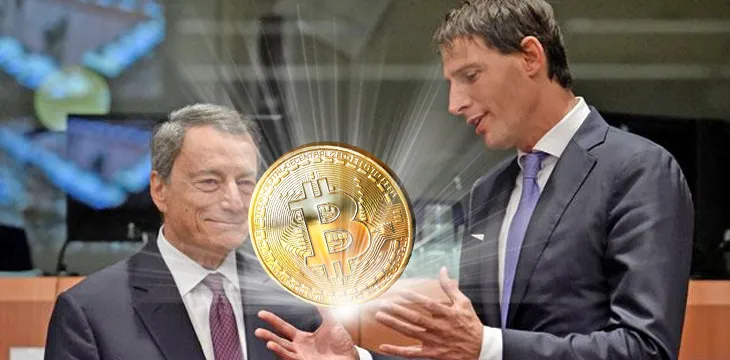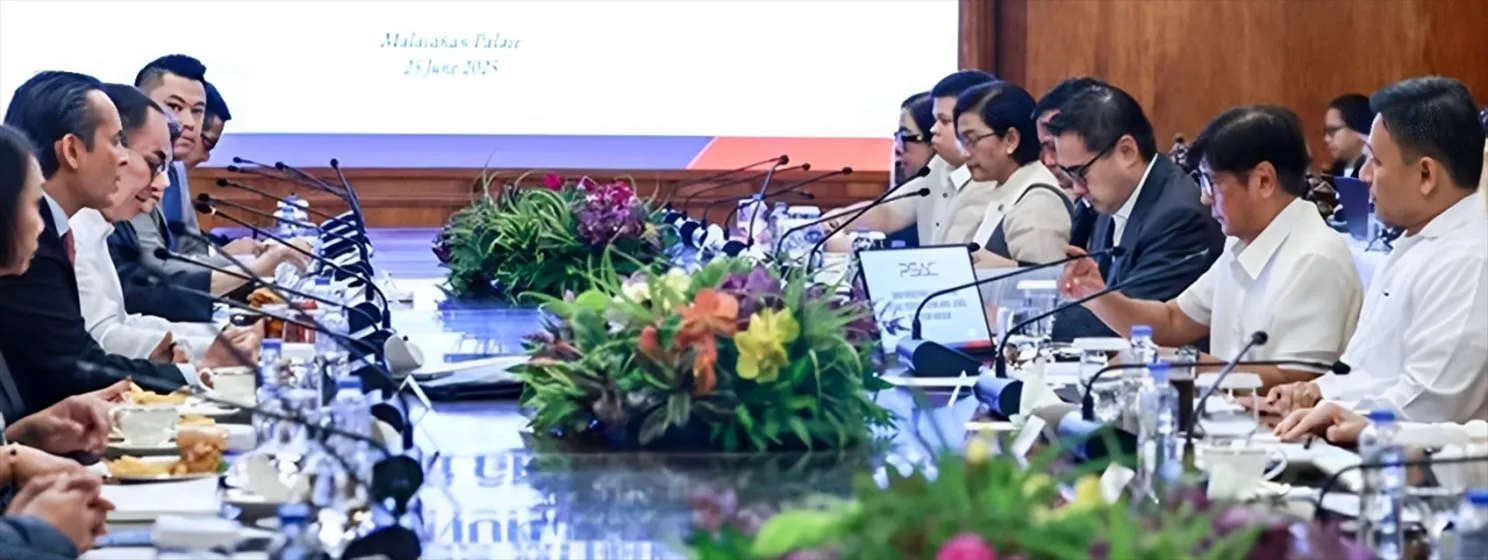|
Getting your Trinity Audio player ready...
|
The finance minister says regulation must be created with an international approach, otherwise enforcement is impossible.
Amid conflicting regulations worldwide, Dutch Finance Minister Wopke Hoekstra wrote an open letter calling on European countries to immediately take a stand and come together on structuring regulatory framework to cover cryptocurrencies, which have become and are becoming more and more prevalent globally.
In the letter, Hoekstra expressed his concerns, saying current legislation is not ready to handle the rapid growth of the new territory blockchains and cryptocurrencies have paved. He noted that cryptocurrencies have grown enormously in the past year, with about half a million Dutch households possessing them. He says that while blockchain technology is an innovation worth preserving, there are issues that need to be addressed immediately. Hoekstra cited that apart from the possibility of fraud and laundering, regulating the market and warning the public of potential risks are also main areas of concern—especially of the fact that the volatility of cryptocurrencies means they are not covered by deposit guarantees. He also mentions the lack of accountability in case of misconduct—several cryptocurrency projects have little known or even completely anonymous founders.
Hoekstra acknowledged that coming up with a unified regulatory framework will be difficult, but that a ban is not the answer.
“[Rough translation] An effective approach and proportional regulation of trade in Bitcoin and another cryptocurrency is complex. Many countries are struggling with this, because the current supervisory framework and instruments are insufficiently tailored to cryptocurrency. The European Commission, Germany and France have therefore called for further discussion on the design of regulation. Thereby have also called for supervisors in the United States to continue discussion about regulations indicating the risks (an overview of the international playing field is included in the appendix). Given the decentralized and cross-border nature of cryptocurrency is a ban on cryptocurrency not obvious. A ban can not be expected to become sufficient maintained.”
Because one of the main functions of cryptocurrencies is cross-border money transfers, Hoekstra says that it warrants an international approach to regulation, otherwise effective enforcement of legislation would be impossible. To aid in the formation of legislation, Hoekstra says that the Netherlands supports the French and German central bank’s call for members of the G20 (Group of Twenty) to discuss cryptocurrencies—the G20 is a group of 19 individual countries plus the European Union. The finance minister also said that the Netherlands will take part in the Financial Action Task Force (FATF), and will bring cryptocurrencies into the conversation.

 07-02-2025
07-02-2025 





